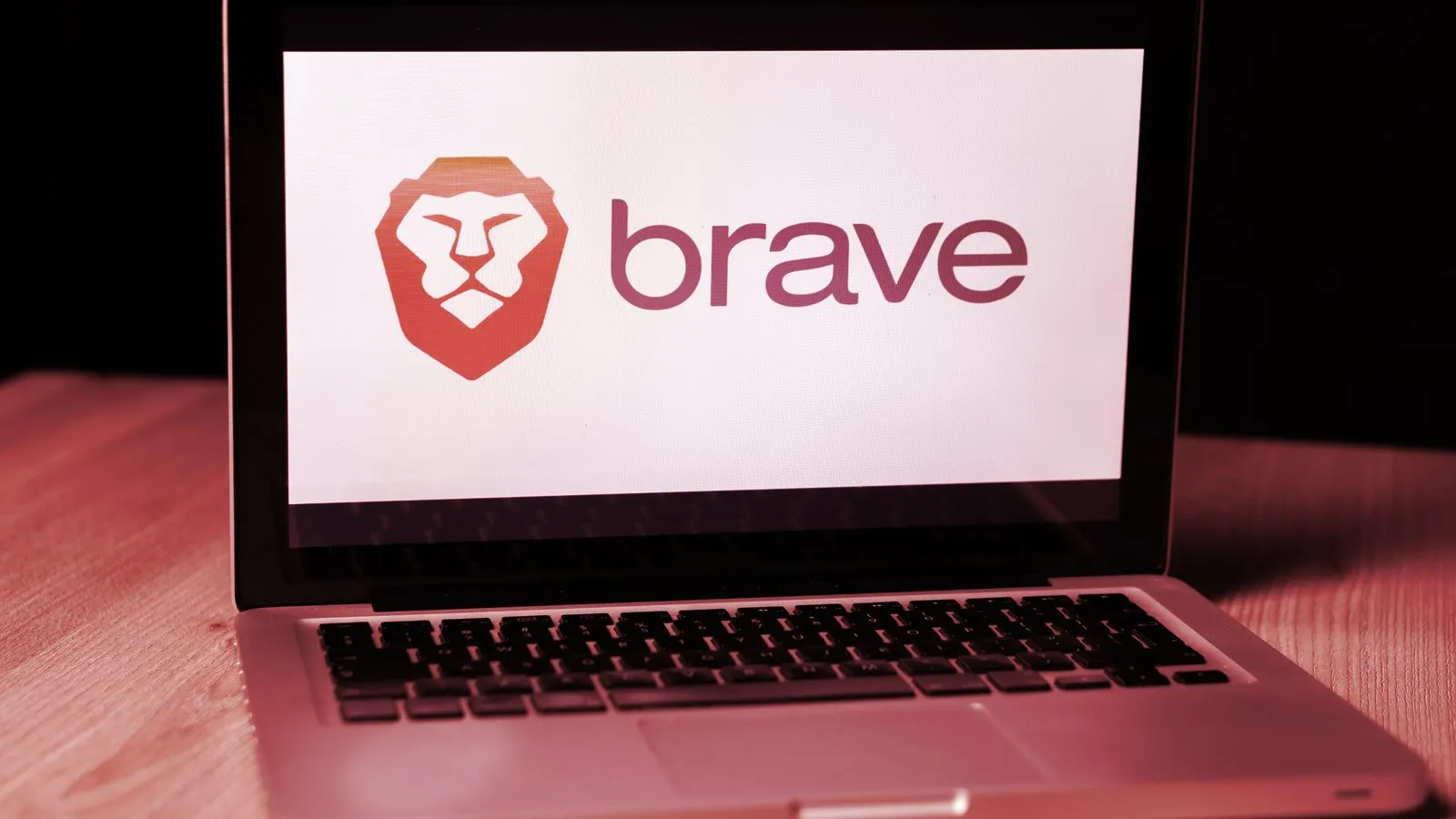In brief
- Brave is a privacy-based web browser that reports 25 million monthly users.
- It's creating a decentralized exchange that will provide discounts to BAT holders.
Privacy web browser Brave, which rewards its 25 million+ users with its Basic Attention Token (BAT), is building new functionality into its platform.
According to its BAT Roadmap 2.0, announced today, Brave is creating a decentralized exchange (DEX) aggregator as well as a new “Brave Wallet” to replace its current crypto wallets.
The additions will extend the firm’s reach beyond web browsing and into decentralized finance (DeFi), the multibillion dollar industry of crypto-based protocols that allow people to earn interest, lend assets, and trade tokens without going through a financial institution.
BAT Roadmap 2.0 — Brave Decentralized Exchange (DEX) announced: Discounts when using BAT for transaction fees, discounts for BAT holders, BAT utility for search engines; new Brave Wallet, and more https://t.co/dIVXUwp1rP
— Brave Software (@brave) February 23, 2021
A decentralized exchange is an online market where people can trade different cryptocurrencies without those tokens ever coming into contact with a third party. DEXs are different from centralized exchanges such as Coinbase, which stores users’ cryptocurrency keys on their behalf.
While a DEX aggregator helps users find and lock in the best possible price across multiple exchanges, the roadmap also allows Brave to potentially create its own DEX—something the company confirms it is exploring.
"One of our goals is to make tokens and crypto easy to use for all of our users," Brave CEO and co-founder Brendan Eich told Decrypt. "The custom DEX which we plan to explore could help achieve this goal by enabling users to exchange BAT and other assets at lower fees, and with better user interface and security, by being built into Brave."
Brave already shows widgets for exchanges Binance, Gemini, and Crypto.com on its homepage so that users can easily connect to their exchange accounts without logging into a website. But decentralized exchanges open up new trading possibilities.
One of the most popular decentralized exchanges is Uniswap, which pioneered the use of the “constant product market maker model.” The model allowed people to sell tokens even if there wasn’t someone on the other end of that specific trade. For instance, if you had Peanut tokens and wanted Polygon, you didn’t have to find someone with Polygon who wanted to buy Peanut. Instead, you could enter your Peanut tokens into a pool along with some Ethereum and then pull the equivalent value in Polygon.
Whereas Uniswap introduced a governance token after the exchange was running, Brave is working in reverse—building an exchange that can leverage use of its token, which has a current market capitalization of over $700 million. At the moment, users can tip content providers using the proceeds they collect from watching ads; a connected DEX represents a new use case.
Details about Brave's DEX aggregator are sparse, but the software company says it will differentiate itself by providing discounts for BAT holders who use the native token to pay for transaction fees—or, indeed, giving discounts to users who simply have BAT in their wallet. All inside the browser.
"Ease of use is in our experience the key to adoption," said Eich. "Reducing friction brings in new layers of users as we work to normalize crypto for everyone."

